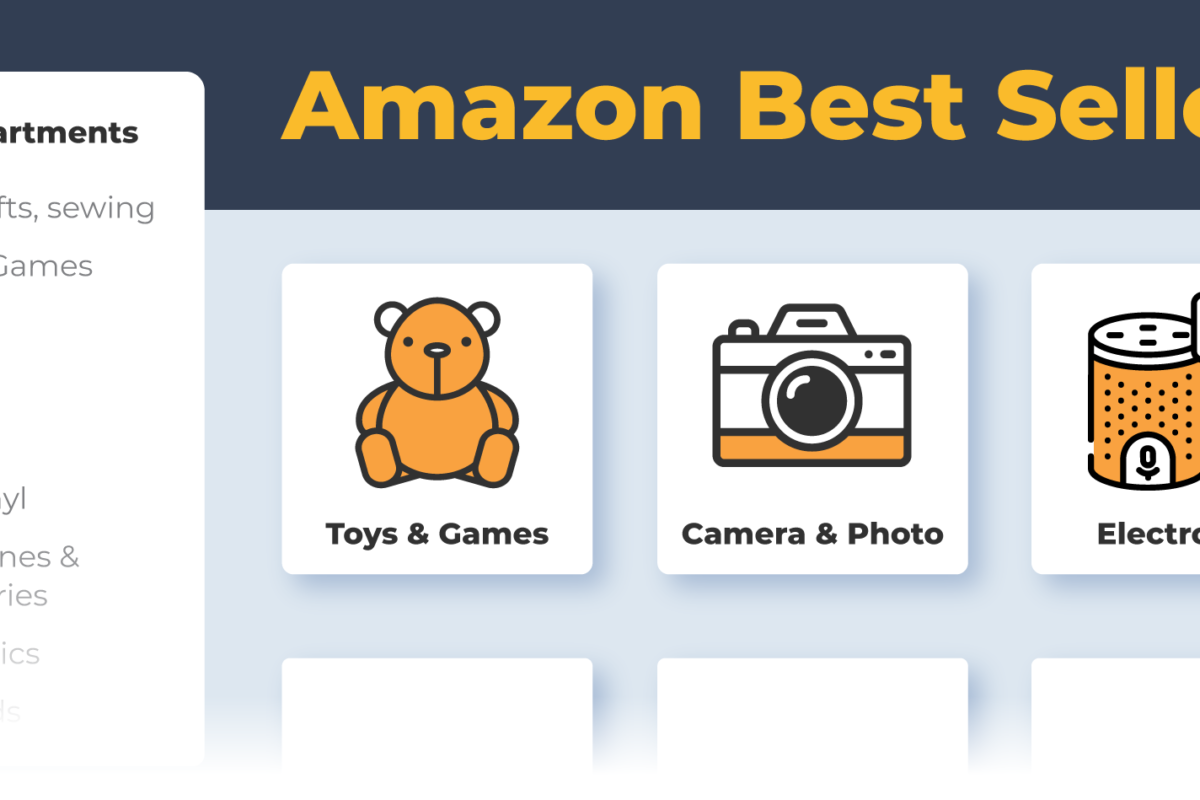It was uncanny. Every time I needed some obscure type of screw, switch, or hinge, the team at my hometown hardware store—Elliott’s—knew exactly what I needed and where in the store’s many aisles of fasteners to find it. The salespeople would go to just the right place in just the right aisle, pull out a drawer filled with the thingamajigs covered in decades’ worth of dust, take one out, explain exactly where and how to install it, then charge me all of 18 cents. They saved me hours of frustration on the countless occasions I ordered something online for self-assembly only to find a piece of hardware was missing.
It was always worth the trip to the store, purely because of the staff’s encyclopedic knowledge of all things hardware and the store’s incredible range of products. I could always trust I would get exactly what I needed when I needed it. Despite the ease of ordering something from my armchair on Amazon or the illusion of saving money at a hardware superstore, by not getting it right the first time without Elliott’s onsite expertise, I’d often buy the wrong thing and have to return it, so having this shop as my go-to was a no-brainer.
The Category Expert Defined
Elliott’s is a terrific example of the “category expert.” The category expert model of retail is based on being the most knowledgeable and the best stocked with a range of anything customers can possibly need in a specific realm—in this case, the realm of home improvement. McGuckin Hardware in Boulder, Colorado, is another example of a business that has become a destination for the depth of associate expertise, along with a vast array of products.
In fact, McGuckin, with 60,000 square feet of sales floor, selling more than 200,000 items, with 250 associates serving customers in 18 different departments, from garden and housewares to plumbing and automotive, has been able to carry the model over into a much larger assortment than that of Elliott’s or your typical hardware store.
Like many successful category experts, McGuckin started small when in 1955 Llewellyn Commodore “Bill” McGuckin, a rugged mountain man, set up shop with four people running four departments. As the store’s website states, old Bill was a firm believer in “personalized service, selection, and first-hand experience”—a philosophy he drummed into his son-in-law, Dave Hight, who became his partner in the store as the two men built it.
Understanding that category expertise cannot reside within just a handful of people, nor can it be contained within a single generation, McGuckin continually scoured the region for talent and experience. Today, each store department has a “green vest”: a category expert who walks the aisles. These individuals are approachable and friendly, always ready to help and advise consumers wandering the Grilling and Outdoor Living department, for example, who look like they might be overwhelmed about how to open, much less use, the Big Green Egg.
McGuckin also offers courses, empowering its customers to become their own experts and build it themselves, whether that’s a birdhouse, a composting system, or an outdoor kitchen. Elliott’s also teaches its customers the basics through online and in-store classes.
In fact, Elliott’s has one of my favorite online classes of all time: Toilets 101. The point is, the company manifests its category expertise in all the ways one might want to interact with a category expert—through the products, to be sure, but also the sense that I, too, can obtain a certain level of expertise.
The Edges Of The Bell Curve
Make no mistake. Elliott’s—which has five locations in the Dallas Metroplex in 2021—is no Home Depot or Lowe’s, and neither is McGuckin. Unlike the big-box category killers, which sell the most commonly sought items, the true category experts work around the edges of the bell curve, providing specialty items that most volume sellers do not. They sell the core products as well, but their advantage is gained on the margin. It’s not enough to have everything in a given category. They must also know everything about their category. And for that one-in-a-million question that stumps them, they must know where to find the answer.
The challenges of getting this right means that this strategy is not for everyone. In fact, among the six strategies outlined in my book The Metail Economy, it’s probably going to be the least popular, at least in its purest form. From sporting goods to electronics to beauty products, the category expert model of Metail enables significant flexibility, but it also requires focused investment only on the things that represent expertise to your customers. Stray too far, and your customers will not believe you. For this strategy, you need to have knowledgeable store associates, access to product information, and installation and repair assistance—not as an afterthought or through an outsourced partner, but as a built-in part of company culture. These are areas that demonstrate expertise to customers. This also means that it is difficult to do beyond a certain range of related products. It’s one thing to trust McGuckin for plumbing supplies, outdoor grills, pool supplies, auto parts, and such. But what about computers? Or drones? Or artisanal coffee beans? Probably not.
For this reason, differentiating on category expertise is somewhat limiting, at least under the same company banner. There’s nothing to prevent a true believer in category expertise from opening a range of companies, all of which would be category experts in their own right. But again, don’t push it and risk stretching your customer’s credulity.
This strategy also requires the most investment in frontline associates and inventory that may not sell very often. You need to invest more resources into your frontline associates and store management because it is their intellectual capital and skill sets, oftentimes more than the actual merchandise you are selling, that is attracting and keeping your consumers. The internet also makes it much harder to be a category expert because information and products can be sourced from countless sites. However, there is still no YouTube video that can compete with a live demonstration of how something should work when you’re truly stuck. Your business must be the first place consumers think of when they have a problem that needs to be solved. Your customers need to have a sense of urgency to getup off their couches and visit you.
Winning With Local Expertise
Though most of us may never set foot in one, try to conjure an image of your typical neighborhood skateboard shop. They tend to be owned and staffed by individuals who live and breathe the skater lifestyle. Their customers tend to be fellow boarders in the neighborhood who already know a lot.
Average consumers would be terrified of walking into one of these places, fearing they’d be made fun of by the cool kids. That’s why we haven’t seen a national chain of skater category experts. They possess a local expertise that attracts a finite number of customers (the skateboard set), but that set is also disdainful of people who do not live the lifestyle; so extend a skate shop brand too far, and your customers will no longer find you credible.
Contributed to Branding Strategy Insider by: Joel Bines and excerpted from his book The Metail Economy: 6 Strategies for Transforming Your Business to Thrive in the Me-Centric Consumer Revolution (McGraw Hill)
At The Blake Project we are helping clients from around the world, in all stages of development, redefine and articulate what makes them competitive at critical moments of change through our in-person or online strategy workshops. Please email us for more.
Branding Strategy Insider is a service of The Blake Project: A strategic brand consultancy specializing in Brand Research, Brand Strategy, Brand Growth and Brand Education




